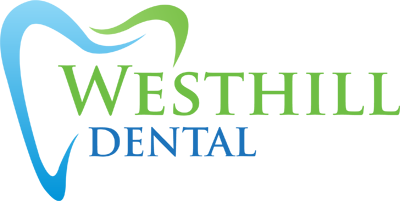When an old person has lost teeth, it could be due to aging factors. But when a young and healthy individual loses a tooth, it is something not desirable. In most of the scenarios, the person has only themselves to blame as the tooth decay might have been caused due to lack of maintaining proper oral hygiene which could lead to dental plaque. However, there are various precautionary measures we could take to limit dental plaque buildup.
How dental plaque is formed?
Before proceeding ahead with steps about dental plaque removal, it is important to know what a dental plaque is and how it is formed. The bacteria which are present within our mouth act on the food we consume and produce acids. These acids along with the bacteria, saliva, and food form a buildup in the teeth which is known as dental plaque. The plaque build-up process occurs right after we eat something. If left untreated for long, plaque buildup could result in the formation of tooth cavities.
Tips to prevent dental plaque buildup
The best way to limit plaque buildup is to limit eating food that is rich in sugar and starch. Bread, candies, cookies and milk products attract bacteria. The more you consume these types of food, the more bacteria will start acting quickly, releasing acids that have the potential to damage your teeth. Professional dental cleaning regularly could help prevent the accumulation of plaque buildup.
Brushing –
Brushing your teeth at least twice a day to prevent plaque from hardening into the tartar of the teeth. The plaque build-up is a natural process that starts right after eating something. Therefore it is also desirable to brush your teeth after eating meals. It prevents plaque build-up from leading to dental tartar, which hardens the plaque. It could further lead to serious dental decay conditions such as gingivitis and gum disease etc.
Floss Frequently –
Brushing may not be able to reach all areas of your teeth. In such areas where the bristles of the brush cannot reach, plaque build-up can happen. Examples of such inaccessible areas in the teeth include the back molars, the area between the teeth, and the area just below the gum line. Flossing helps clean the areas which the brush cannot access, thus keeping your teeth free of any plaque buildup.
Go for Periodical Dental Checkups
Do not wait for the toothache to affect you. You should be going for regular dental visits at least once in three months to stay away from plaque, tartar, gingivitis and gum diseases, etc. Regular dental checkups help you to maintain proper oral hygiene.
A toothache is an indication that the pain has moved to its next stage. Dentists in Greenville, WI have the right skills and expertise to examine your teeth properly for any dental repairs or cleaning. They can detect the presence of cavity and plaque at an early stage and they will recommend the right treatment too. Scaling will be performed by the dentist in removing the plaque.


